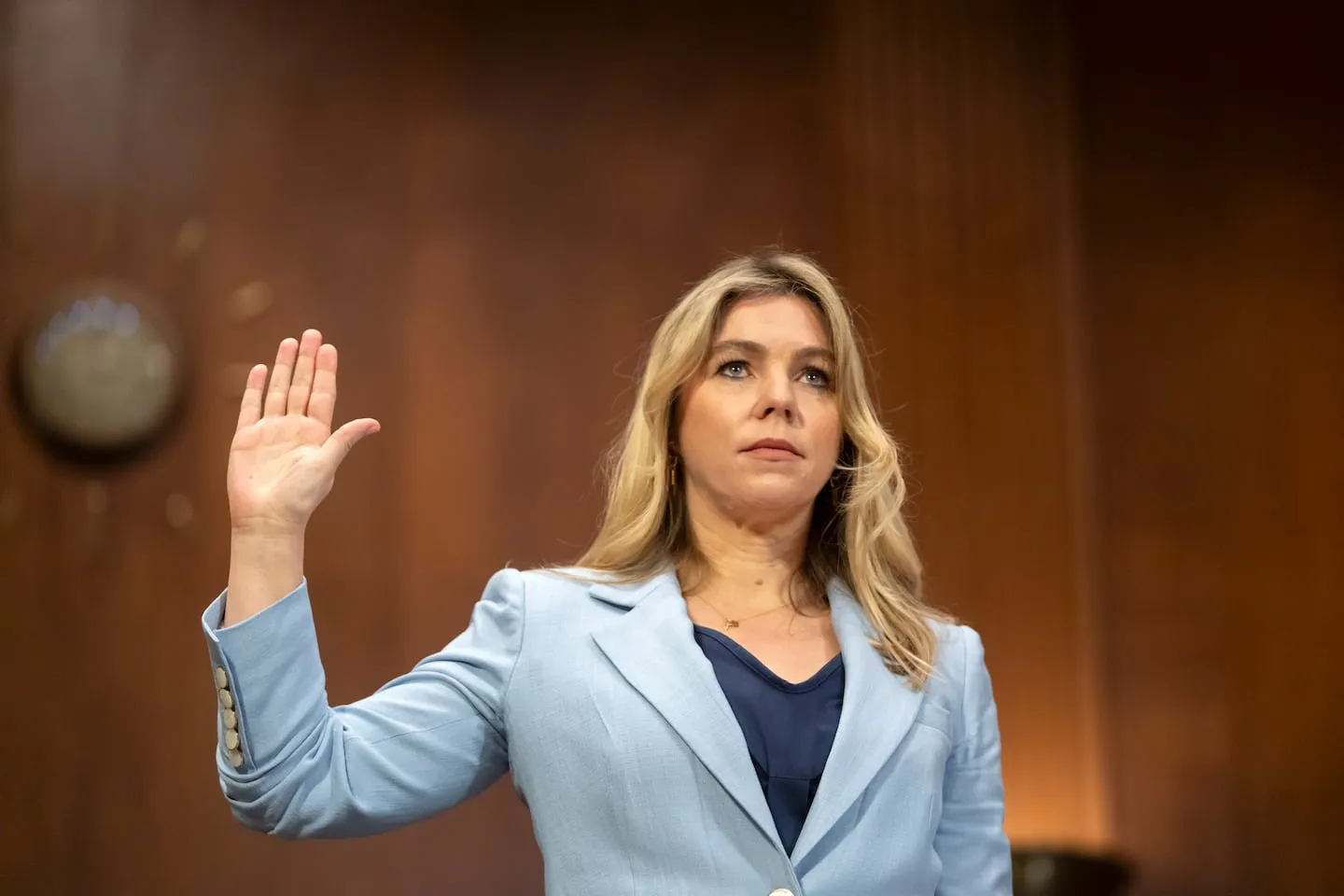Slow Down. Build Smarter.
Discernment Isn't a Delay. It's a Strategic Choice.
(Editor's Note: This post was originally published on May 06, 2025. As I migrate my work to this new platform, I've updated it to better reflect my current frameworks and sharpened my thinking from the original piece. The core ideas remain the same.)

Sarah Wynn-Williams, Facebook’s former director of global public policy, is sworn in before the Senate Judiciary Subcommittee on April 9, 2025 in Washington. MARK SCHIEFELBEIN / ASSOCIATED PRESS
We've been taught to treat discernment like a delay. More often than not, that pause – to ask if we're solving the right problem, not just shipping the next feature – is seen as a sign of weakness. But what if that pause is actually your most powerful strategic tool?
I just finished reading Careless People, a cautionary tale from inside Facebook by former exec Sarah Wynn-Williams. I expected a tech takedown. What I got was far more unsettling: a firsthand look at what happens when good intentions meet unchecked scale. It's what happens when a company's leadership treats ethics as an obstacle and social responsibility as an afterthought.
It landed harder than I expected. Not because I've worked in Silicon Valley, but because I've lived that pace. I’ve thrived in early-stage teams and fast pivots. And I've also been the one quietly pushing for a pause, learning to ask what we're building toward and who it's really for.
The Cost of Unchecked Speed
Wynn-Williams describes what it looked like inside a system where power was growing faster than maturity. Leadership at Meta prioritized engineering and rapid growth over ethics and accountability. At one point, when Facebook's ad tools were being weaponized by political campaigns, Mark Zuckerberg’s reaction wasn't concern. It was admiration. “Why weren't we doing this already?”
This chilling quote is the perfect summary of a “move fast and break things” culture. It's a mindset that values speed and growth above all else, even if it breaks society, erodes trust, and opens the door to systemic risk. For tech leaders, corporate executives, and investors, this isn't just a moral failing; it's a profound governance and business risk. The cost of building carelessly is too high.
Building with Intention
What I've been circling for years and what this book gave me language for is this: Discernment is design. It's not overthinking; it's orientation.
Discernment is a critical part of a resilient business strategy. It's the sanity check that prevents you from prioritizing a feature over a community, a quarterly win over long-term trust. It forces you to consider the unseen costs of your decisions—the erosion of public trust, the harm to users, the damage to your brand.
In 2025, with tech outpacing governance at every turn and trust eroding everywhere, it's clear a lot of us are ready to build differently. This is a moment to choose a new path.
What Now?
Meta tried to keep Careless People quiet. Now it's a bestseller. The Streisand effect is powerful, but so is a clear, compelling message. This book reminds us that you can't censor the consequences of your choices.
This is the kind of leadership I'm building toward. Intentional. Aligned. Built to last. That's what Shared Value means to me.
What's one thing your company needs to slow down to get right?